In 1992, a year after the death of Freddie Mercury, Canadian comic Mike Myers opened his film Wayne’s World with his loopy metalhead character Wayne Campbell motoring through Aurora Illinois with his similarly afflicted comrades going berserk over Queen’s Bohemian Rhapsody in the confines of their car.
The song was then more than a decade and a half old but the exposure of this operatic hard rock opus was enough to send it to number one in America and, along with a UK chart topping after the loss of Mercury, reawaken interest in it around the world.
So it was gloriously perverse casting to have Mike ‘Austin Powers’ Myers portray Ray Foster, head of EMI Records in England in the eagerly-awaited film Bohemian Rhapsody.
Bohemian Rhapsody effectively kicked off the age of creative rock videos
“‘Mark my words, nobody will play it!” he thunders when the work is unveiled in his office, insisting it was too long, too full of nonsensical jibberish and certainly not a song that ‘teenagers can crank up the volume and bang their heads to.’
The length of such hits as Macarthur Park, Hey Jude and American Pie ignored, Foster was adamant that it should not be issued as a single because it would not be touched by radio. Indeed, Elton John is said to have exclaimed “are you f***ing mad!?” when he was told that it would be the first release from the A Night At The Opera album.
In fairness, they could not have anticipated the role of London disc jockey Kenny Everett, a mate of Mercury, who embarked on an elaborate plan once he had been slipped an advance copy.
As one chronicler has explained: “Despite the ‘strict’ instructions not to play it, Everett began airing clips of the song. Each time, he’d pass it off as an accident, telling listeners that ‘his finger must’ve slipped’ and that they weren’t supposed to have heard anything.
“Callers began flooding the station with requests, begging Everett to play the whole song, which he’d built up to a ridiculous degree, telling his now-captive audience that he couldn’t play the entire song because he’d been made to promise that he wouldn’t. Eventually, Everett ‘relented’ and played the entire song 14 times over the course of two days.”
It soon ascended to the top of the British charts, from where it refused to budge for nine weeks, becoming the UK’s third biggest-selling single of all time, with global sales exceeding 6 million copies.
In 2012 it topped a nationwide poll in Britain to find ‘The Nation’s Favourite Number One’ over 60 years of music, while Mercury’s vocal performance was chosen as the greatest in rock history by readers of Rolling Stone.
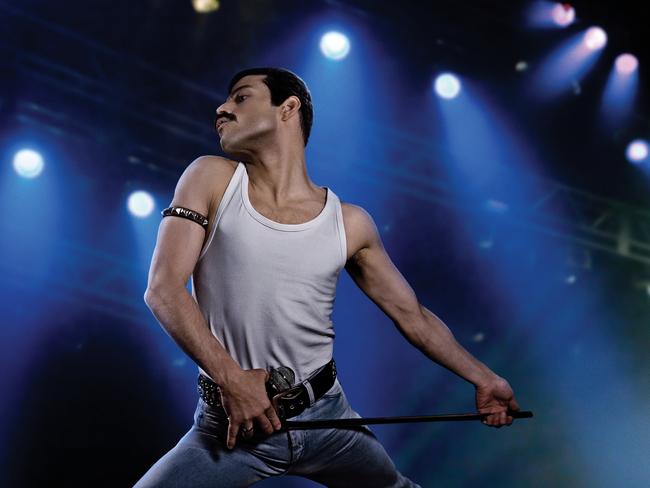
In the process it effectively kicked off the age of creative rock videos. The clip, which the band made for the rather slim budget of four thousand pounds, was only created because they were not allowed to play live on Top Of The Pops and thought that a bit of contrived drama on film was better than looking silly miming.
Freddie was a man possessed in the creation of his rhapsodic adventure. Like Beach Boy Brian Wilson did with Good Vibrations in 1966, he and producer Roy Thomas Baker pushed studios to their limits. Fellow members Roger Taylor, Brian May and John Deacon had to endure 160 overdubs, singing words and lines over and over and over.
Baker has since explained how Mercury was never entirely sure how it would finish and every time it came close “Freddie would throw in another Galileo!”
The lyrical references ran the gamut from Zoroacastrian doctrines of his childhood in Zanzibar, popular operas, nursery rhymes and taunts, his evolving sexuality and even a Galileo mention to amuse astronomy buff May.
Freddie would often say that the song meant “whatever you want it to mean” and dismissed it as “random, rhyming nonsense” to Everett.
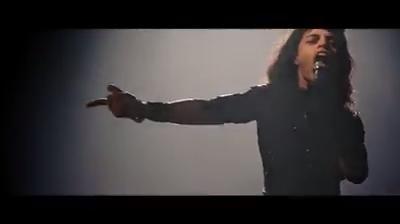
What the song did do was focus intense attention upon its creator, the highly complex Queen vocalist who, in the opening scenes of the new film is cruelly dismissed by workmates as nothing more than a “Paki bastard” in early 70s London.
Even throughout the first three Queen albums he was just another campy glam metal rocker. All that changed when Queen suddenly rose to become the second biggest selling British band after the Beatles, with all four members penning at least one of their run of number one hits.
Bohemian Rhapsody opens and closes with what has been hailed as the most pivotal stage performance in rock – Queen at the 1985 Live Aid concert at Wembley Stadium.
In swift reformation mode after Mercury returned from two years solo in Germany, swallowing his pride and begging to be allowed back into the ranks, it displays Rami Malik in what has been tipped by some as an ‘Oscar-worthy performance’, strutting posing, soaring and supremely exercising absolute command over more than 70,000 people in the Stadium and almost two million watching their screens across the planet.
Added hastily to an already-announced bill, Queen were on stage that day for 18 minutes and, to their credit, the filmmakers have the newly-constructed Queen on the recreated stage at Bovington Airfield in Hertfordshire for the same span.
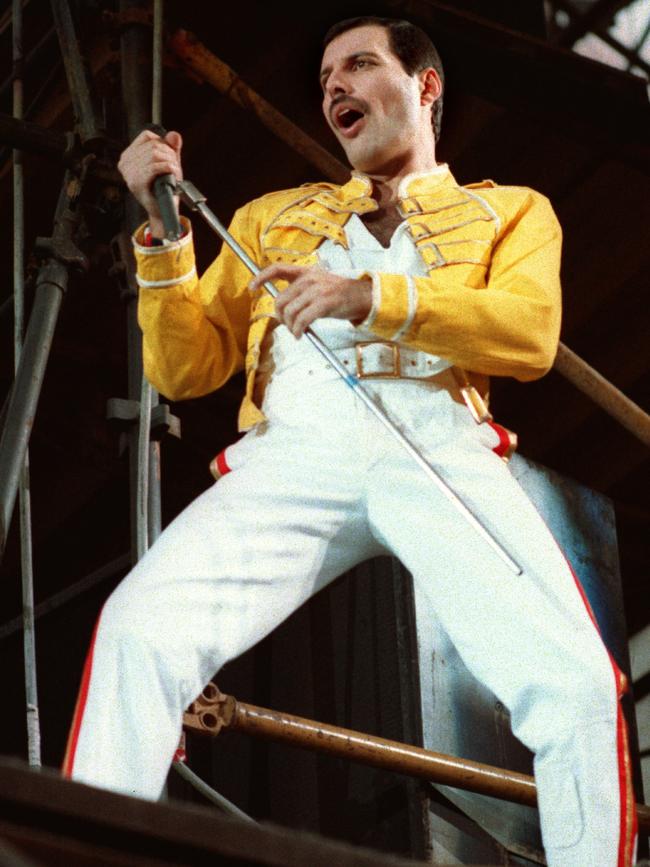
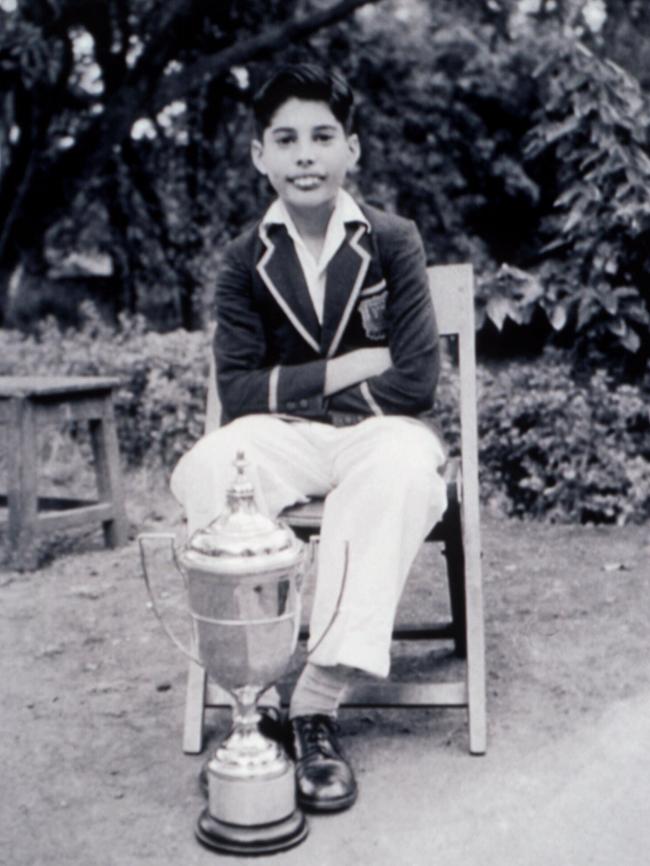
Gwilym Lee, who portrays guitarist May, paying tribute to his workmate, says “He’s in pretty much every scene of the film. Freddie was loved by millions, and there is a weight of responsibility that comes with that.
Rami really embodied his passion and his energy, and he found a real tenderness and humanity to this character that I don’t think many people know.
For the concert scenes, Rami had to learn everything Freddie did and then forget it to make it come across as though it’s spontaneous and in-the-moment.”
“Stepping out onto that stage for the Live Aid scenes was the most remarkable feeling,” revealed Malek.
“Even though there wasn’t an audience there, it was completely nerve-wracking. But also invigorating. I mean, they had recreated that stage perfectly, so you got the feeling that it’s the real deal.”
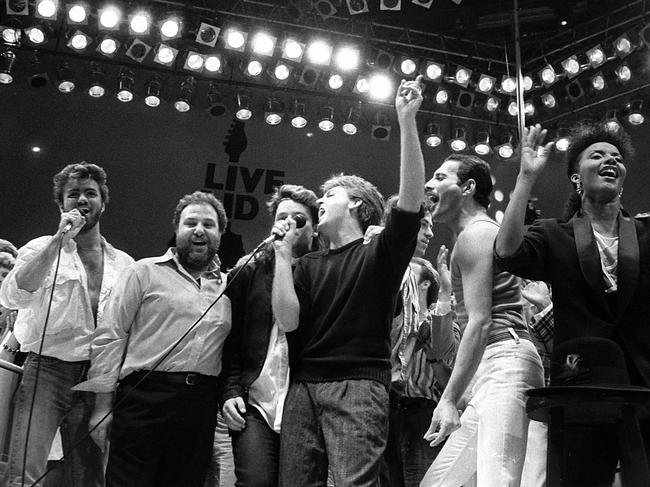
Producer Graham King ensured that Queen founders May and Taylor were part of the team from the outset.
“The film is telling their life story and you can read as many books and magazine articles and watch as many videos and interviews, but when you can actually sit with the guys who can take you through the history, who can tell you anecdotes about Freddie that you’d never find out today, well …..”
“I think it’s one of those moments that you never forget, standing next to Brian and Roger as they watched the band,” says Production Designer Aaron Haye.
May himself admits, “The moment I walked onto that stage, it was surreal because it perfectly replicated what the stage was like in 1985 - every last detail down to the amps behind me, pedals and even the cloth and back stage with the cigarette butts and the ashtrays and coke bottles.”
For King, who has been involved with 45 films that have generated 62 Oscar nominations, the Live Aid scenes had an enormous emotional impact.
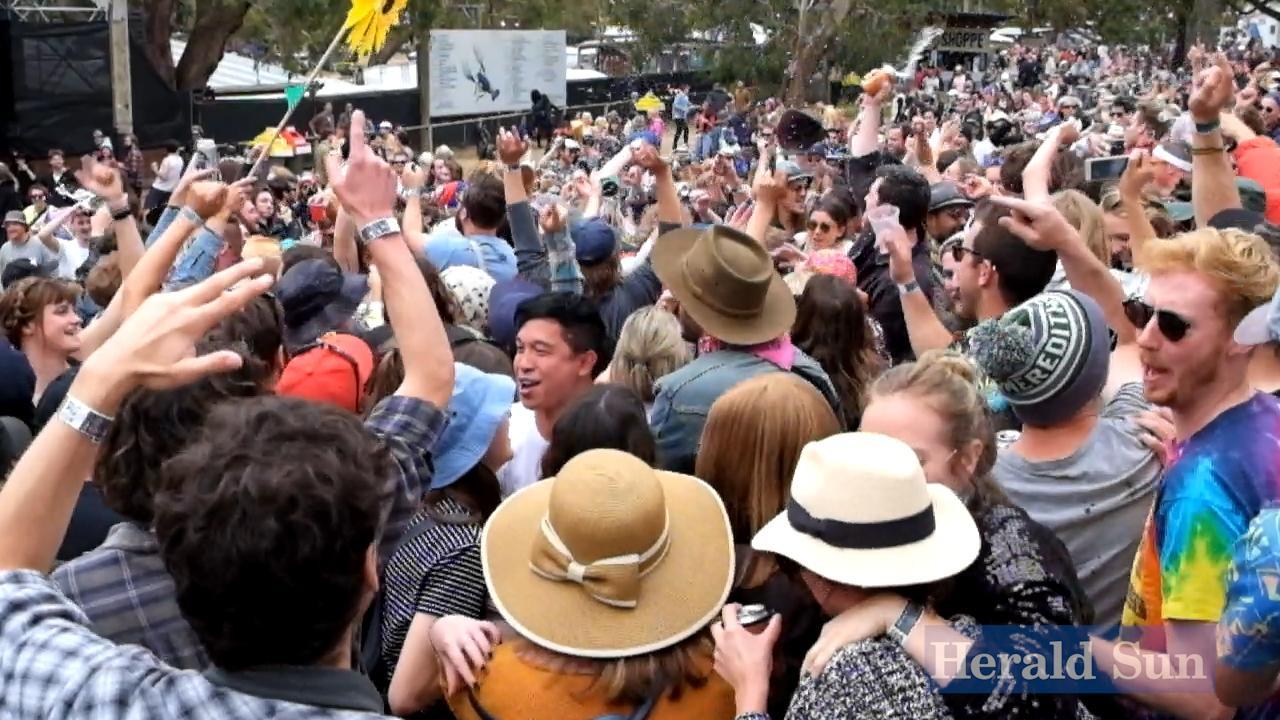
“I just lost it,” he admits. “I was in tears. I had never been like that on any movie set before. All the years started flooding back not only to do with this film but being young and watching Live Aid. We knew we had to get it right -the movement, the look, the crowd - it had to be accurate.”
Brian May and Freddie’s personal assistant for 12 years, Peter Freestone, let Haye and his team go through their archive collections and personal photographs.
“Those things just put us leaps ahead. Brian has saved every ticket stub, every poster, every album. Even some of their wardrobe, which our actors wear in the film.”
When Queen first came down here, to play as virtual unknowns at Sunbury ’74, they faced jeers and derision – something that would endure at Australian radio for quite some years.
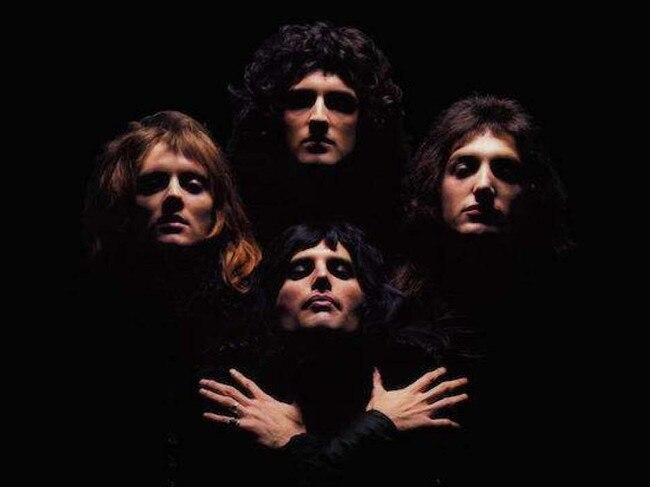
As he flew home, Freddie Mercury proclaimed: “When we come back to Australia, Queen will be the biggest band in the world!”
They were back two years later, their sails filled with the multi-platinum performance of A Night At The Opera and by Bohemian Rhapsody.
Among many other traits, it seems that Farrokh Bulsara was also a prophet.
We Will Rock You indeed!

Nurses to be charged for comments about killing Israeli patients
Detectives have asked an Israeli influencer for an unedited version of a viral video, in which two Sydney nurses boast about wanting to kill Israeli patients, to determine what charges will be laid against them.
Minister to meet Bankstown Hospital staff amid probe over pro-Palestine T-shirt
The Health Minister will visit Bankstown Hospital on Thursday to address staff over a viral anti-Semitic video. It comes amid an investigation into why a woman wearing a ‘free Palestine’ shirt was featured in a hospital newsletter.